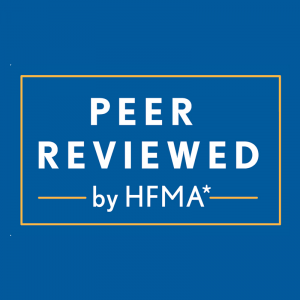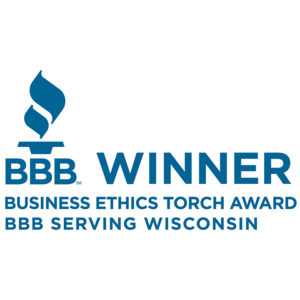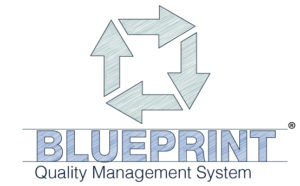On January 15, 2014, a Medical Debt Collection Task Force led by the Healthcare Financial Management Association (HFMA), ACA International, and a group of diverse stakeholders, including medical providers and consumer advocates, announced new best practices to help make paying medical bills an easier and fairer proposition for consumers. Included on this task force was Tina Hanson, Executive Vice President of State Collection Service, Inc.
“Many consumers are struggling with medical bills today,” said ACA International CEO Pat Morris. “These best practices are a balanced step forward for all of the stakeholders involved to better resolve patient medical accounts.”
The best practices are designed to provide patients with a thorough understanding of what to expect during the payment and collection process. They call for developing consistent, coordinated policies for account resolution so collection agencies and others are governed by a provider’s board-approved policies; developing appropriate channels and best practices for patient communications and accounts resolution; reporting back to credit bureaus when accounts are resolved (in cases when an account is reported to a credit bureau); and tracking consumer complaints.
“These best practices provide a much-needed blueprint for hospitals, physicians, and our partners in account resolution to coordinate their activities in ways that respect and benefit patients,” said Joseph J. Fifer, FHFMA, CPA, president and CEO of HFMA. “Patients want information that is timely, clear, and concise and deserve a consistent, fair process for resolving payment issues.”
Healthcare leaders hope the best practices (available at www.hfma.org/medicaldebt) will be adopted throughout the healthcare industry, offering clear guidance on resolving financial obligations before, during, and after a patient visits a hospital or other healthcare setting. The best practices are designed to improve communication between patients and providers and standardize and better coordinate all business practices related to medical account resolution. The details of these best practices include:
- Improve Patient Education and Communication. Take responsibility for educating patients about their payment options and responsibilities. Be proactive about communicating available financial assistance policies and procedures.
- Make bills patient-friendly. All financial communication should be clear, concise, correct, and patient friendly. See HFMA’s Patient Friendly Billing Project.
- Establish policies for account resolution and ensure that they are followed. Make sure that key account resolution activities are governed by your organization’s board-approved policies.
- Report back to credit bureaus when an account is resolved. If a past-due account is reported to a credit bureau, the reporting entity should report back to the bureau when the account is satisfied.
- Track all consumer complaints. This information should be shared between the business affiliate and the provider to improve customer service, hasten account resolution, and avoid reoccurring grievances.
- Use established HFMA and ACA best practices, principles, and guidelines to inform your organization’s approach to medical account resolution. This includes HFMA’s Best Practices for Patient Communications; HFMA’s Patient Friendly Billing Project; ACA’s Health Care Servicing Guidelines; and ACA’s Code of Ethics.
As part of State Collection Service’s monthly webinar series, Tina shared a walkthrough of the best practices, providing expanded detail and background. Listen to Tina’s webinar, “Medical Debt Task Force: Observations and Recommendations” online.
(Portions reprinted with permission of HFMA)
About State Collection Service, Inc.
Since 1949, State Collection Service has provided quality collection service to countless healthcare organizations.
Through experience and innovation, State Collection Service has grown to become a tremendously credible and nationally-recognized collection agency offering services from pre-registration to bad debt. It is upon the basis of ethical behavior and a dedication to integrity that each State Collection Service employee works to uphold the company’s vision – Partnerships for a Lifetime.
*This article first appeared in “A State Collection Service, Inc. Newsletter Volume 20, Issue 1, First Quarter 2014”















